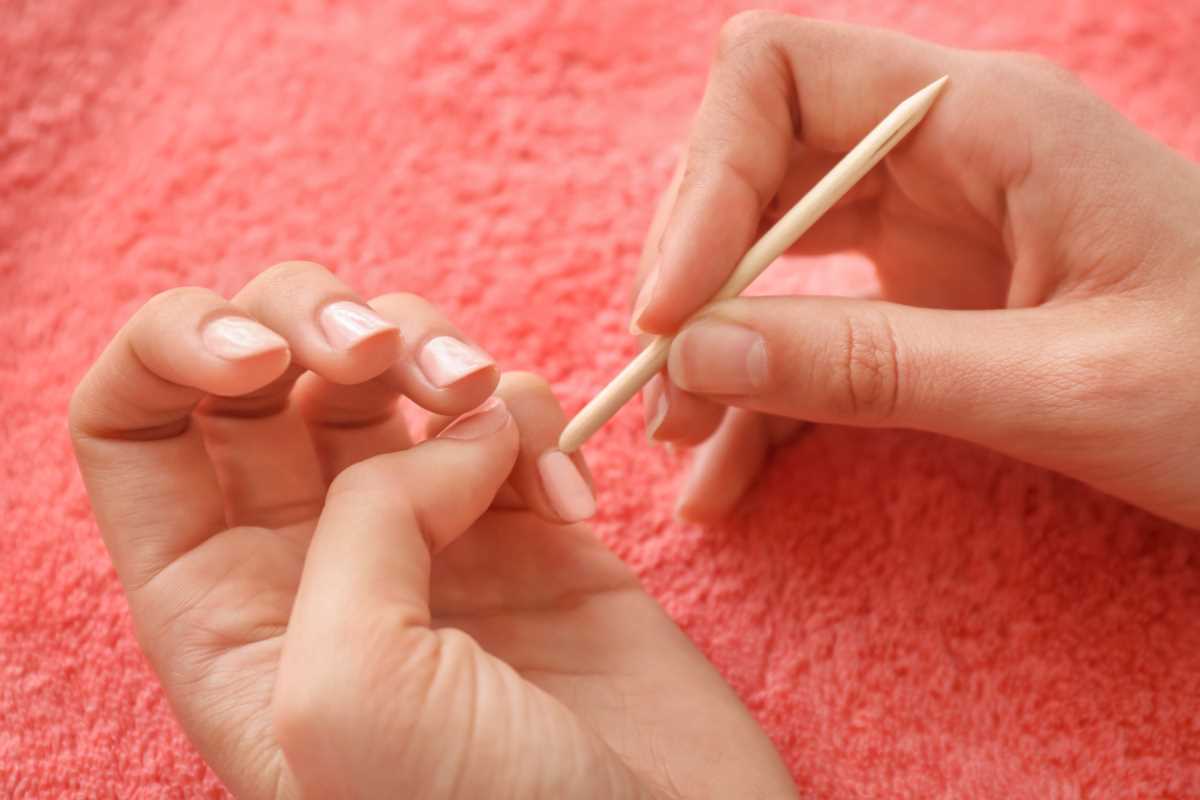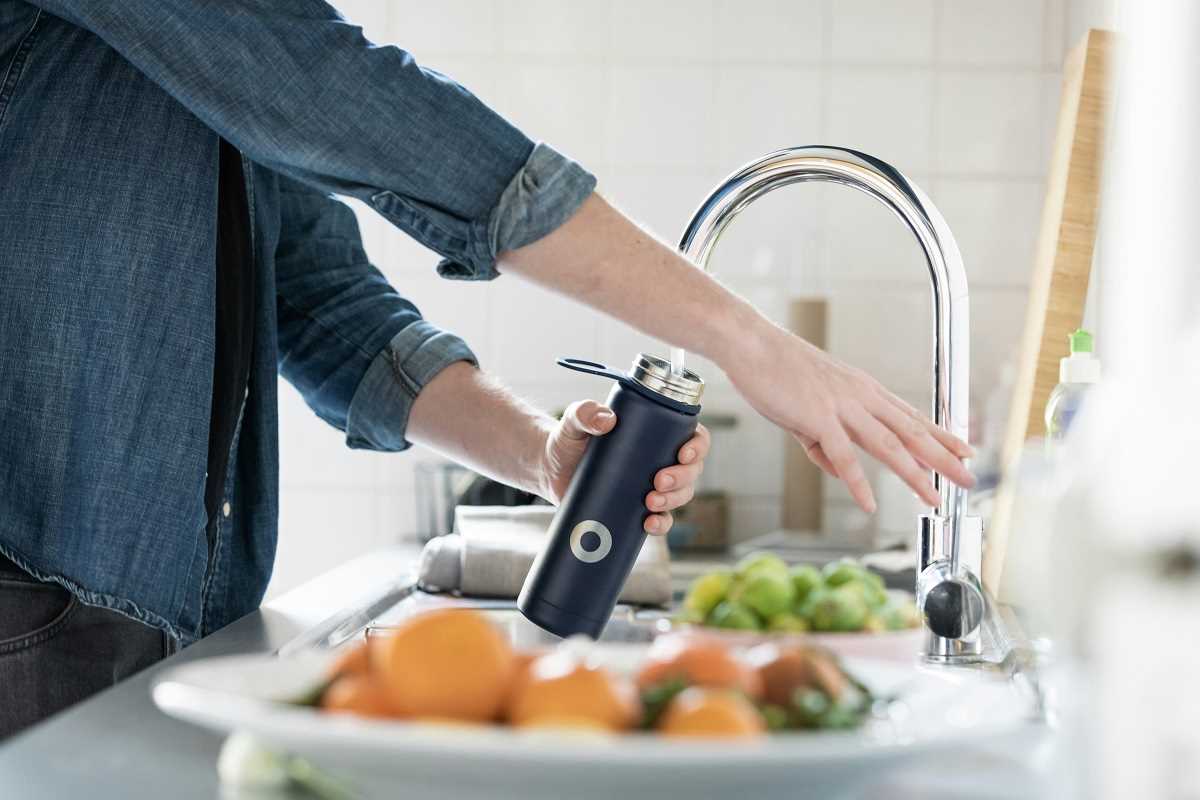Sunday has the power to completely transform your week. When you dedicate this day to intentional self-care, you create a foundation of wellness that supports everything else you do. Research from the American Psychological Association shows that people who engage in regular self-care activities report 23% lower stress levels and significantly better work-life balance.
Self-care isn't selfish – it's strategic. By investing time in your physical, mental, and emotional well-being every Sunday, you're building resilience for the challenges ahead. This comprehensive guide will help you create a personalized Self-Care Sunday routine that truly serves your needs.
You'll discover evidence-based practices across three key wellness areas, learn how to design a routine that fits your lifestyle, and understand why consistency matters more than perfection. Whether you have 30 minutes or an entire afternoon, you can craft a Self-Care Sunday that leaves you feeling restored and ready.
Why Sunday Self-Care Changes Everything
Sunday sits at the perfect intersection of reflection and preparation. It's far enough from Monday's demands to feel peaceful, yet close enough to set intentions for the week ahead. Mental health experts consistently recommend using weekends for activities that restore rather than deplete your energy reserves.
The science behind strategic rest is compelling. Studies published in the Journal of Occupational Health Psychology demonstrate that people who engage in meaningful recovery activities on weekends show improved cognitive function, better emotional regulation, and reduced burnout symptoms throughout the following week.
Your nervous system needs this dedicated time to shift from the sympathetic "go-go-go" state into the parasympathetic "rest and digest" mode. When you consistently honor this need, you're not just feeling better in the moment – you're training your body to handle stress more effectively long-term.
Sunday self-care also creates psychological boundaries between work and personal time. This mental separation is crucial for maintaining perspective and preventing the chronic stress that comes from never truly "switching off."
Physical Wellness: Nurturing Your Body
Your body carries you through every challenge and celebration. Sunday is the perfect time to show appreciation through activities that promote physical health and comfort.
Movement That Heals
Physical activity doesn't have to mean intense workouts. Sunday movement should feel restorative rather than depleting. Consider these evidence-based options:
Gentle Yoga Flow: A 20-30 minute yoga session helps release physical tension while promoting flexibility. Focus on hip openers, spinal twists, and forward folds – poses that counteract the effects of sitting and stress. Research from Harvard Medical School shows that regular yoga practice reduces inflammation markers and improves sleep quality.
Nature Walks: Walking outdoors for just 30 minutes can lower cortisol levels by up to 15%, according to Stanford University research. The combination of gentle movement, fresh air, and natural light simultaneously provides multiple wellness benefits.
Stretching Routine: Create a simple sequence targeting areas where you typically hold tension – neck, shoulders, hips, and lower back. Hold each stretch for 30-60 seconds while breathing deeply.
Skin Care as Self-Care
Your skin is your body's largest organ and deserves dedicated attention. Sunday skincare routines offer both physical benefits and psychological comfort.
Deep Cleansing Ritual: Start with a gentle facial cleanser, followed by a weekly exfoliating treatment. The American Academy of Dermatology recommends limiting exfoliation to once or twice per week to avoid irritation.
Hydrating Face Mask: Apply a hydrating or nourishing mask while you relax. Look for ingredients like hyaluronic acid, ceramides, or natural oils. Use this 15-20 minute application time for meditation or gentle breathing exercises.
Full-Body Care: Don't forget the rest of your skin. A warm bath with Epsom salts can reduce muscle tension while magnesium regulates stress hormones. Follow with a nourishing body moisturizer, paying attention to often-neglected areas like elbows, knees, and feet.
Restorative Sleep Preparation
Quality sleep is fundamental to physical health, yet 35% of adults report getting less than the recommended 7-9 hours nightly, according to the Centers for Disease Control and Prevention.
Evening Routine Setup: Use Sunday to establish your sleep environment for the week. Wash your bedding, dim the lights early, and prepare your bedroom for optimal rest.
Digital Sunset: Implement a technology curfew 1-2 hours before bedtime. Blue light exposure can suppress melatonin production, making it harder to fall asleep and reducing sleep quality.
Mental Wellness: Caring for Your Mind
Mental self-care involves activities that reduce stress, increase self-awareness, and promote emotional balance. These practices create space for processing experiences and setting positive intentions.
Journaling for Clarity
Writing has powerful effects on mental health. Research from the University of Rochester Medical Center shows that expressive writing can improve mood, reduce anxiety, and boost immune function.
Weekly Reflection: Spend 10-15 minutes writing about the past week. What went well? What was challenging? What did you learn? This practice helps process experiences and identify patterns.
Gratitude Practice: List three specific things you're grateful for, focusing on details rather than general statements. Studies show that specific gratitude practices are more effective than general appreciation for improving mental well-being.
Intention Setting: Write about your hopes and goals for the coming week. Research from Dominican University found that people who write down their goals are 42% more likely to achieve them.
Meditation and Mindfulness
Regular meditation practice literally changes your brain structure, increasing gray matter in areas associated with emotional regulation and self-awareness, according to Harvard researchers.
Breathing Exercises: Start with simple breath awareness. The 4-7-8 technique (inhale for 4, hold for 7, exhale for 8) activates the relaxation response and can be done anywhere.
Body Scan Meditation: This practice involves mentally checking in with each part of your body, releasing tension as you go. It's particularly effective for people who carry stress physically.
Walking Meditation: Combine mindfulness with gentle movement by focusing on each step, breath, and sensation during a slow, intentional walk.
Digital Detox
Constant connectivity can increase cortisol levels and decrease life satisfaction. The average person checks their phone 96 times per day, creating chronic low-level stress.
Phone-Free Hours: Designate specific hours on Sunday as phone-free time. Start with one hour and gradually increase as it becomes more comfortable.
Social Media Sabbath: Take a break from social media platforms. Studies show that even short social media breaks can improve mood and reduce anxiety.
News Limit: While staying informed is important, constant news consumption can increase stress and anxiety. Set specific times for checking news rather than consuming it continuously.
Indulgent Treats: Honoring Your Desires
Self-care isn't all about discipline and healthy habits. True wellness includes joy, pleasure, and activities that simply make you happy. The key is choosing indulgences that truly nourish rather than deplete you.
Culinary Self-Care
Food can be medicine for both body and soul when approached mindfully.
Slow Cooking: Prepare a nourishing meal that fills your home with comforting aromas. The act of cooking can be meditative, while the anticipation adds to the pleasure. Choose recipes rich in nutrients that support stress reduction, such as those containing omega-3 fatty acids, complex carbohydrates, and antioxidants.
Tea Ceremony: Create a ritual around your favorite warm beverage. Research shows that the amino acid L-theanine in tea promotes relaxation without drowsiness. Use special cups, pay attention to the temperature and flavor, and make drinking tea an act of mindfulness.
Meal Planning with Love: Spend time planning nourishing meals for the week ahead. This combines practical preparation with self-care by ensuring you'll have healthy options readily available during busy weekdays.
Creative Expression
Engaging in creative activities reduces cortisol levels and increases dopamine production, according to research from Drexel University.
Art for Joy: Draw, paint, or craft without worrying about the outcome. The process itself is therapeutic. Studies show that just 45 minutes of creative activity significantly reduces stress hormones.
Music Therapy: Create playlists for different moods, learn a new song, or simply listen mindfully to favorite pieces. Music has measurable effects on heart rate, blood pressure, and stress hormones.
Reading for Pleasure: Choose books that transport you rather than educate or improve you. Fiction reading, in particular, has been shown to increase empathy and reduce stress.
Comfort and Luxury
Small luxuries can have outsized effects on well-being when chosen mindfully.
Bath Ritual: A warm bath can lower cortisol levels and improve circulation. Add Epsom salts for muscle relaxation, essential oils for aromatherapy, or simply enjoy the warm water and quiet time.
Cozy Environment: Create a space that feels nurturing. This might mean soft blankets, pleasant lighting, or fresh flowers. Environmental psychology research shows that our surroundings significantly impact mood and stress levels.
Quality Time with Loved Ones: Social connection is a fundamental human need. Plan activities with family, friends, or pets that bring joy and strengthen relationships.
Creating Your Personalized Routine
The most effective Self-Care Sunday routine is one that fits your unique needs, preferences, and circumstances. There's no one-size-fits-all approach to wellness.
Assess Your Needs
Start by identifying areas where you need the most support:
Energy Levels: Do you typically feel depleted on Sundays, or do you have energy to invest in activities? Your routine should match your natural rhythms.
Stress Points: What aspects of your week create the most stress? Target your self-care activities to address these specific challenges.
Personal Preferences: Are you more drawn to active or passive activities? Social or solitary experiences? Honor your authentic preferences rather than following what looks good on social media.
Design Your Schedule
Time Allocation: Determine how much time you can realistically dedicate to self-care. Even 30 minutes can be transformative when used intentionally.
Flow Planning: Arrange activities in a logical sequence. For example, physical activities might come early in the day, followed by relaxing practices, ending with preparation for the week ahead.
Flexibility Factor: Build in options so you can adjust based on your needs each week. Having a menu of activities prevents your routine from feeling rigid or burdensome.
 (Image via
(Image via





